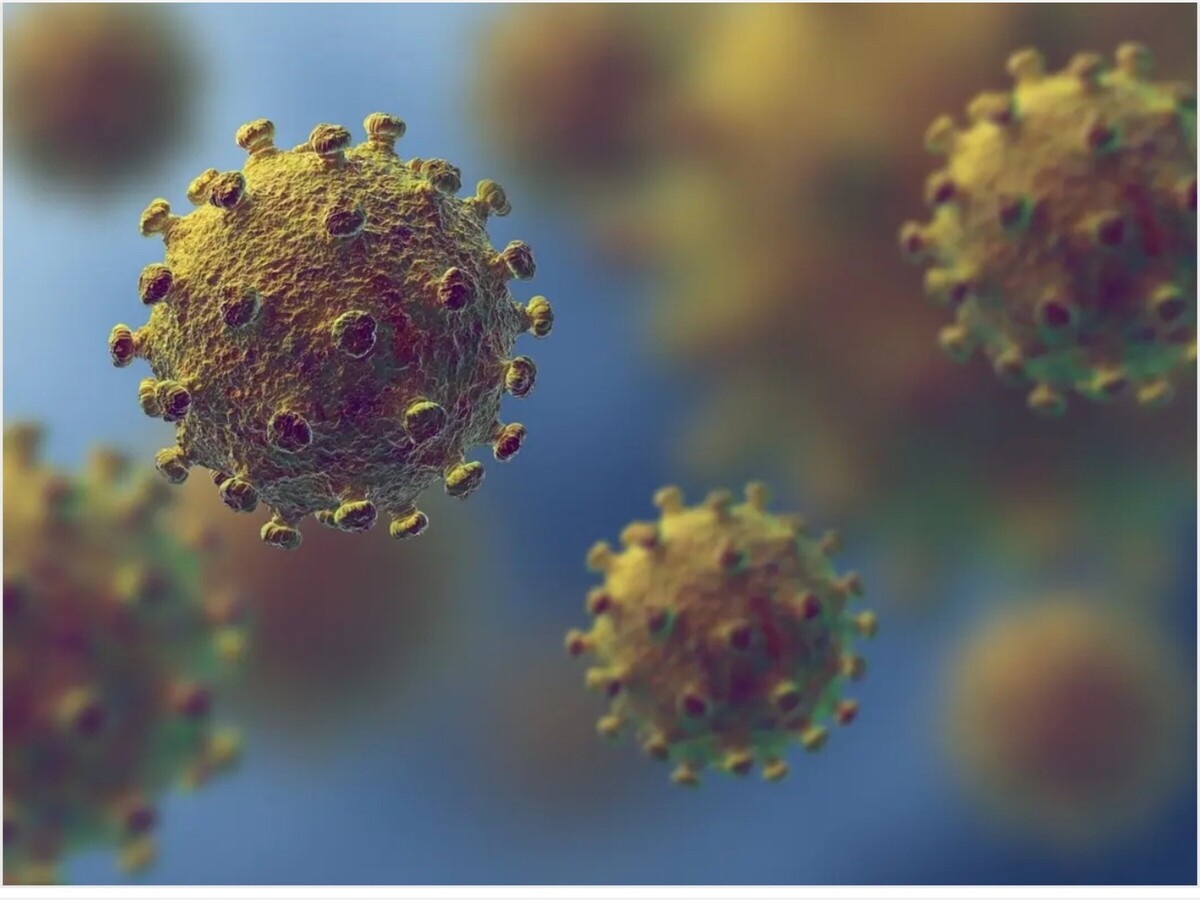Image


In Suffolk County, NY, the Department of Health Services is closely monitoring a concerning surge in pertussis cases. Health Commissioner Dr. Gregson Pigott revealed that out of the 108 reported cases, the majority are school-aged children attending various schools across the region. Additionally, parents of these schoolchildren have also been affected by the outbreak. The situation underscores the need for vigilant tracking and preventive measures to curb the spread of pertussis within the community, as announced by the health officials on Saturday.
Despite being vaccinated, most individuals who contracted the infection in the whooping cough outbreak in Suffolk County are experiencing milder symptoms compared to the unvaccinated, according to Health Commissioner Dr. Gregson Pigott. This highlights the importance of vaccination in potentially reducing the severity of the illness even in the face of an outbreak.
County officials, as per Health Commissioner Dr. Gregson Pigott, have not reported any hospitalizations resulting from the whooping cough outbreak. Pertussis, also known as whooping cough, is a highly contagious respiratory tract infection caused by Bordetella pertussis bacteria. The mode of transmission involves the spread through the air when infected individuals cough or sneeze. Despite the outbreak, the absence of hospitalizations is a notable aspect of the current situation.
Pigott said that with so many respiratory illnesses currently circulating, some for which there are no treatments, the department wanted to make sure parents know that the ailment can be treated with antibiotics if diagnosed early.
Dr. Gregson Pigott highlighted the seriousness of whooping cough, especially for infants too young to be vaccinated. In light of this concern, he emphasized the importance of alerting both medical providers and the public about the circulating illness. This underscores the vulnerability of infants to whooping cough and the need for increased awareness and preventive measures within the community.
Officials note that the most common symptoms of the whooping cough outbreak include cough, nasal congestion, and fever. It's highlighted that while these symptoms are initially typical, the cough can intensify and persist for several weeks, indicating the potential severity and prolonged nature of the illness in affected individuals.
Officials emphasize that infants, particularly those who are unvaccinated or incompletely vaccinated, are at the highest risk of severe disease or complications associated with whooping cough. These complications may include pauses in breathing, pneumonia, convulsions, diseases affecting the brain, or, in extreme cases, death. This underscores the vulnerability of infants to pertussis and highlights the urgency of preventive measures and vaccination efforts.
While most individuals recover slowly with antibiotics, officials stress that the most effective way to prevent or reduce the severity of whooping cough is through vaccination. As a result, routine vaccination against pertussis is recommended for both children and adults. This preventive measure plays a crucial role in safeguarding individuals from the potentially serious consequences of the disease and curbing its spread within the community.
Officials highlight the effectiveness of the DTaP vaccine for children and the Tdap vaccine for adults in providing protection against pertussis. Additionally, these vaccines offer immunity against two other serious infections: tetanus and diphtheria. This reinforces the importance of regular vaccination efforts to ensure comprehensive protection against multiple potentially severe diseases within the community.
Officials recommend the Tdap vaccination for pregnant women during every pregnancy. This precautionary measure is crucial for protecting infants from whooping cough during the vulnerable first few months of life. The emphasis on maternal vaccination underscores its role in providing passive immunity to newborns, who are at a higher risk of severe complications from pertussis. This strategy contributes to the overall effort in safeguarding both mothers and their infants from the impact of the disease.
Officials advise that anyone experiencing symptoms consistent with pertussis should stay home and promptly contact a healthcare provider for evaluation and testing. This recommendation aims to minimize the potential spread of the illness within the community and ensures that individuals with symptoms receive timely medical attention for proper diagnosis and management.
Officials stress the importance of early treatment with antibiotics, particularly for reducing the severity of symptoms, especially in infants. This emphasizes the critical role of prompt medical intervention in mitigating the impact of whooping cough, particularly for vulnerable populations such as infants who may experience more severe consequences if infected.
To prevent the spread of pertussis to others, officials advise that individuals diagnosed with the illness should stay home from work or school until they have completed five days of antibiotic treatment. This precautionary measure aims to contain the transmission of the disease and protect the wider community from potential exposure to whooping cough.
Officials recommend preventive antibiotics for certain individuals who have been in contact with someone diagnosed with pertussis. This measure is particularly important for those at risk of severe illness, such as individuals with weakened immune systems, infants, and women in their third trimester of pregnancy. This strategy aims to proactively protect vulnerable populations from contracting the illness and experiencing more severe consequences associated with pertussis.
Officials emphasize that individuals residing with someone diagnosed with pertussis should also receive preventive antibiotics. This preventive measure is crucial to minimize the risk of transmission within households and communities, thereby contributing to the overall containment of the whooping cough outbreak.
The Centers for Disease Control recommend practicing good hygiene to prevent the spread of respiratory illnesses. Here are their tips:
- Cover your mouth and nose with a tissue when you cough or sneeze.
- Dispose of used tissues in the waste basket.
- Cough or sneeze into your upper sleeve or elbow if you don't have a tissue, not your hands.
- Wash your hands frequently with soap and water for at least 20 seconds.
- If soap and water are not available, use an alcohol-based hand rub. These measures aim to reduce the transmission of respiratory infections and contribute to overall public health.